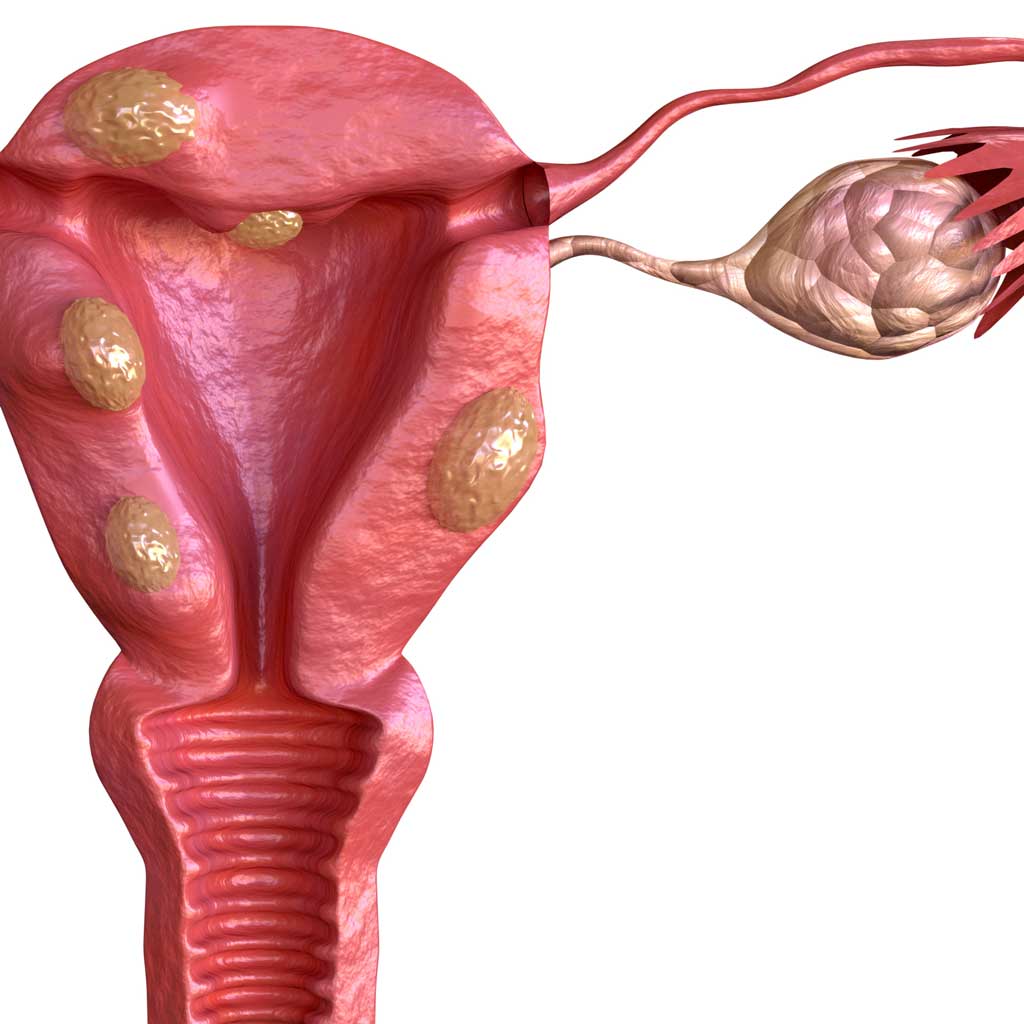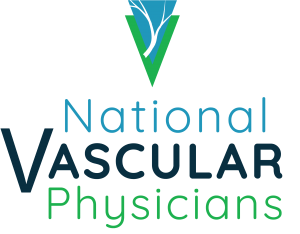
Can Uterine Fibroids Cause Back Pain?
June 23, 2025
Short answer: Yes, fibroids can cause back pain.
While many women with fibroids experience no symptoms at all, others may struggle with uncomfortable or even painful side effects, including back pain. If you’re wondering whether uterine fibroids could be the cause of your lower back discomfort, you’re not alone.
What Are Uterine Fibroids?
Uterine fibroids, often referred to as leiomyomas or myomas, are growths made up of muscle and fibrous tissue. They can range in size from tiny seeds to large melons. Typically, these fibroids develop during a woman’s reproductive years and are influenced by hormone levels, particularly estrogen.
Can Fibroids Cause Back Pain?
While fibroids mainly affect the uterus, their effects can extend to other parts of the body. In some instances, especially when fibroids grow large or are positioned on the back side of the uterus, they can exert pressure on the spine, pelvic nerves, or nearby muscles.
This pressure might lead to:
- Lower back pain
- Pelvic pressure or discomfort
- Sciatica-like symptoms, which include pain that radiates down the legs
Larger fibroids can even impact posture or the alignment of the spine, potentially worsening or prolonging back pain.
Other Symptoms to Watch For
If you suspect fibroids are causing back pain, consider whether you’re also experiencing other common fibroid symptoms, such as:
- Heavy or prolonged menstrual periods
- Frequent urination
- Bloating or abdominal pressure
- Pain during intercourse
- Constipation
These symptoms can help your doctor determine whether fibroids may be contributing to your discomfort.
When to See a Doctor
Back pain alone isn’t enough to diagnose uterine fibroids, but if it’s persistent and accompanied by other symptoms, it’s worth discussing with a healthcare provider. A pelvic exam, ultrasound, or MRI can confirm the size and location of the fibroids.
Treatment Options
Fortunately, there are many treatment options available for fibroids, ranging from non-invasive to surgical:
- Medication to manage hormone levels and reduce symptoms
- Minimally invasive procedures, such as uterine fibroid embolization (UFE)
- Surgical options, including myomectomy or hysterectomy, for more severe cases
The right treatment will depend on your symptoms, health history, and whether you plan to have children in the future.
Non-surgical options like uterine fibroid embolization provide a safe and minimally invasive way to find relief from symptoms and enhance your quality of life. By staying informed and consulting with experienced healthcare professionals, women can take charge of their health and effectively manage their symptoms.
At National Vascular Physicians, we offer UFE in an outpatient setting at our locations in National Harbor and Roanoke. If you’re dealing with fibroid symptoms or have been diagnosed and are considering a non-surgical approach, reach out to us to set up a consultation.



